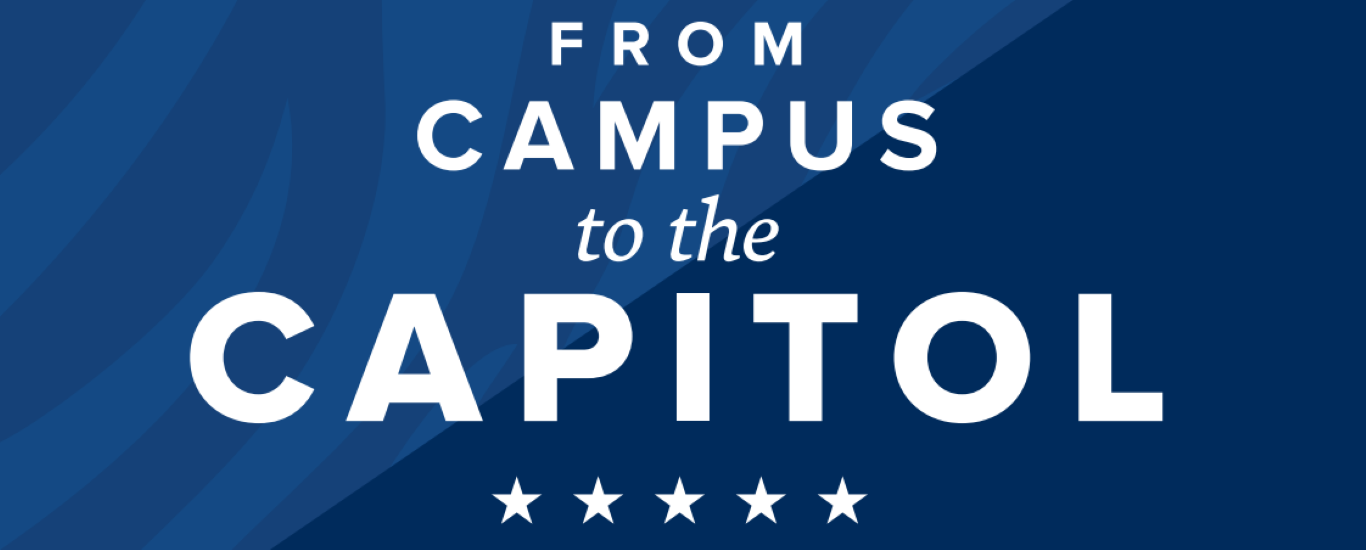
From Campus to the Capitol
By Nia Rincon
Young people’s commitment to political engagement is on the rise. According to the Center for Information & Research on Civic Learning and Engagement, an estimated 50% of young people ages 18-29 voted in the 2020 election, up from 39% in 2016.
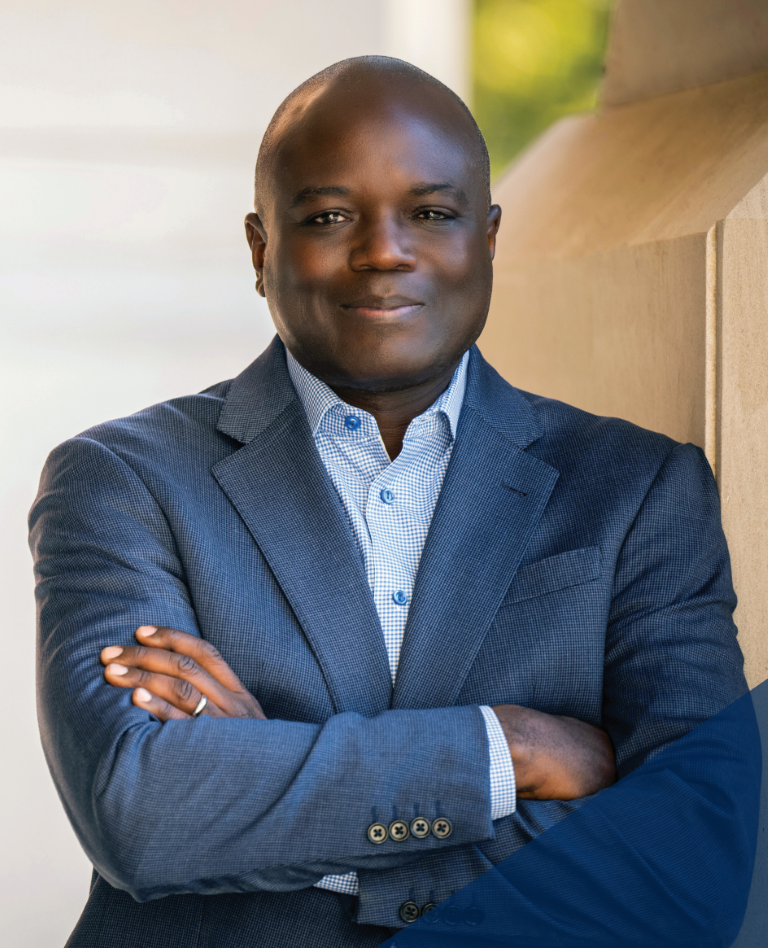
Despite this upward momentum, the current political landscape has young people struggling to fully understand how to make their voices heard. Isaac Fordjour, a University of Memphis alumnus and the current vice president and head of Federal Government Relations at Walgreens, aims to open the door to knowledge and demystify Washington, D.C., for UofM students.
Fordjour is the son of Ghanaian immigrants and a first-generation American. His parents often thought about what they could do in service for others and felt they owed a debt to their community in return for their acceptance. The strong sense of community mindfulness took hold in Fordjour and sparked a vested interest in local politics at an early age.
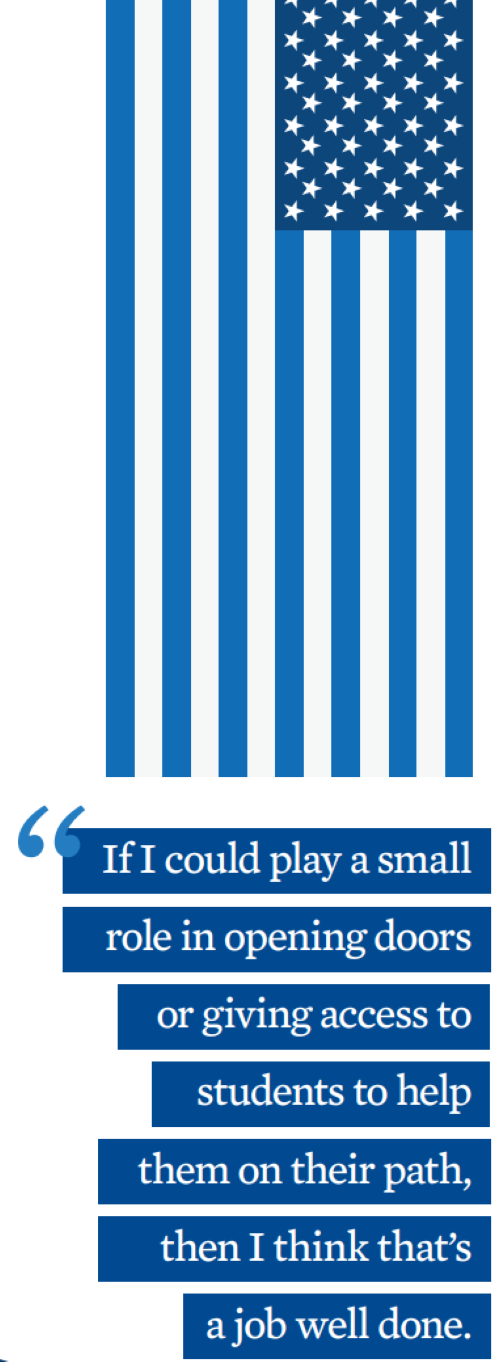 “My first memory is when my parents took me to an event and the president of an African
country was there,” Fordjour recalled. “I had to be maybe 8 or 9 years old and I was
just transfixed with what was happening. I didn't know what they were talking about,
but I knew that it was important. It really piqued my curiosity about how individuals
who are no more special than anyone else can offer themselves for leadership.”
“My first memory is when my parents took me to an event and the president of an African
country was there,” Fordjour recalled. “I had to be maybe 8 or 9 years old and I was
just transfixed with what was happening. I didn't know what they were talking about,
but I knew that it was important. It really piqued my curiosity about how individuals
who are no more special than anyone else can offer themselves for leadership.”
When the time came to go to college, Fordjour chose the UofM for its supportive community. Being on campus was Fordjour’s first opportunity to interact with people from completely different walks of life. The diverse community had a large impact on Fordjour, and he began expanding his social circles. He joined Alpha Phi Alpha Fraternity, Incorporated and began working with the Black Student Association to organize protests to end apartheid and advocacy campaigns.
“I grew up at the University of Memphis and really learned how to challenge the status quo, raise my voice and make a difference,” Fordjour said.
While studying political science, Fordjour participated in a class with Dr. Don Carson that focused on building leaders. There, he learned about the tenants of leadership and crafted his own leadership philosophy. These lessons were critical stepping stones on his path to Washington.
Fordjour was selected for an internship in the Tennessee General Assembly working under former Speaker Pro Tempore Lois DeBerry and State Rep. Roscoe Dixon. It was in the State Capitol that Fordjour was able to see the political process up close for the first time. The lessons of leadership and organization came in handy when Fordjour returned to campus to advocate for an issue that would be the springboard to his career.
One of his fraternity brothers was diagnosed with leukemia and in desperate need of a bone marrow transplant.
Fordjour and the fraternity began raising awareness and find a donor match. Their efforts spread from campus all the way to Lifeblood, the Mid-South Regional Blood Center where Fordjour later secured his first job.
After Lifeblood, he moved to the national level and began working with the National
Bone Marrow Donor Program.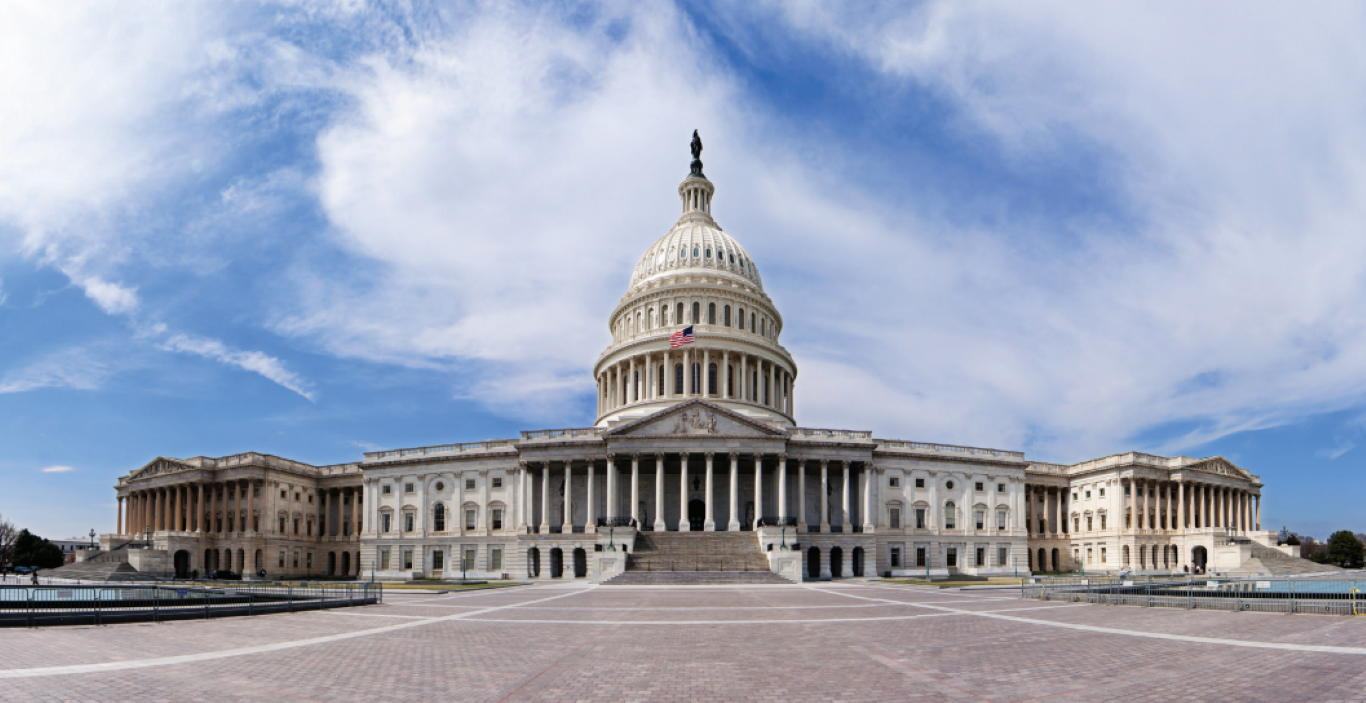
Today, Fordjour is a lobbyist that provides strategic counsel to policymakers on Capitol Hill. He describes his work as anything but average with “no two days being the same” as he advocates on behalf of Walgreens and its customers and patients to convey how the government’s decisions impact them.
“I think people should know that one of the first rights we have as Americans is a right to petition your government, and, as lobbyists, that's what we're doing,” Fordjour said. “Government officials sometimes have really good ideas but don't know the unintended consequences, and there's no way that they can be experts on everything.”
While working hard to advocate for the future, Fordjour also takes time to remember his past. He’s keenly aware that UofM students are facing the same kind of political challenges that he once faced, and is motivated to support them by highlighting the opportunities that are available in D.C.
“I want the young students to know that you can make a difference for the University, Memphis or your hometown,” Fordjour said. “You can do work for them by being here in Washington as well. I want to make sure students know about their ability to be activists.
“I hope there are generations of folks from the University of Memphis that will come
behind me to let the world know what a great institution it is, the talent that is
there and the impact that students can have on the world. If I could play a small
role in opening doors or giving access to students to help them on their path, then
I think that’s a job well done.”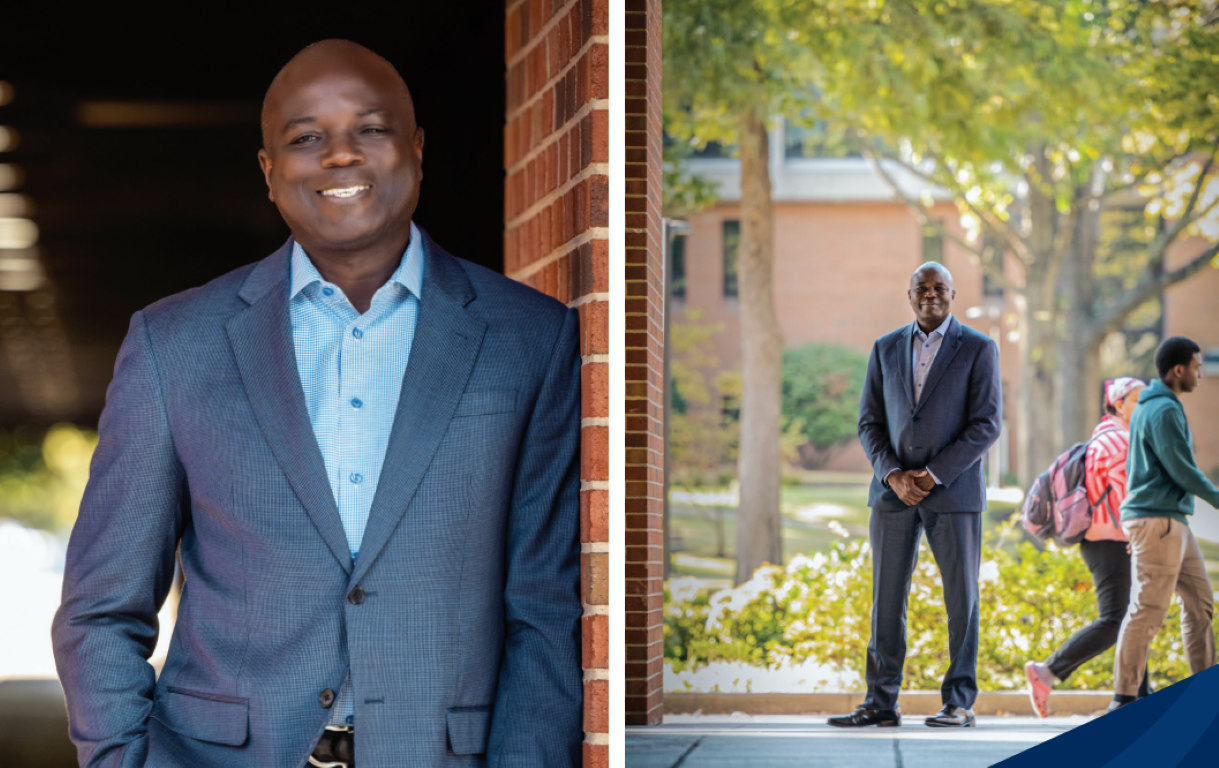
Share this article

